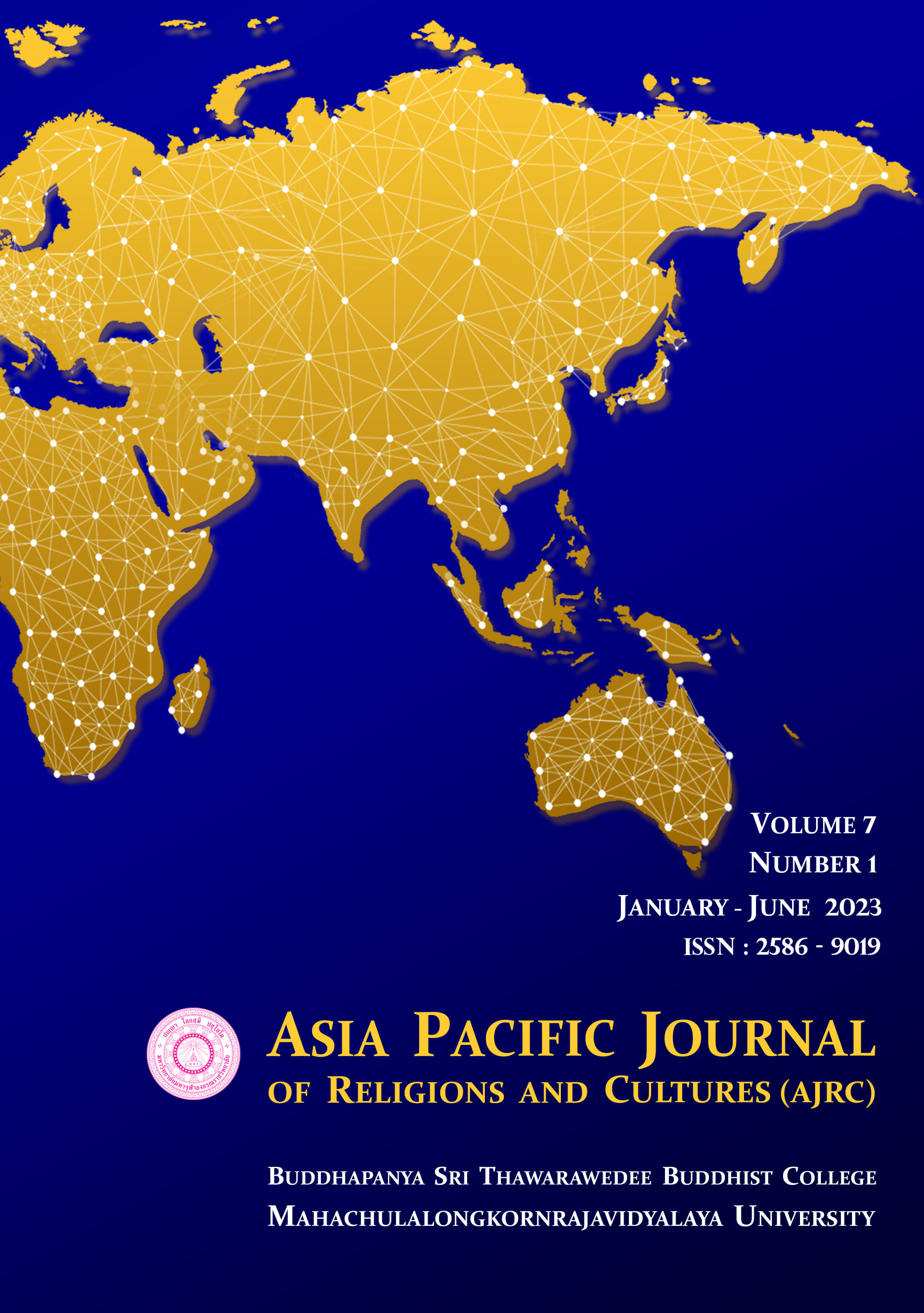IMPACT OF UNIVERSITY STUDENTS' ONLINE EDUCATION USER EXPERIENCE ON CONTINUING INTENTION
Main Article Content
Abstract
Online education platforms are the main way for users to learn online, and user experience will affect users' continuing intention. Studying the influencing factors of users' willingness to continue using online education platforms from the perspective of user experience can not only enrich theoretical research in the field of online education user behavior, but also provide suggestions for development strategies for online education platforms and educational content producers, which is of great significance. Therefore, this paper adopts quantitative and qualitative research methods, through individual interviews and self-made questionnaires, from the perspective of user experience, summarizes the relevant influencing factors of continuous use intention in online learning, and puts forward corresponding research hypotheses. A total of 423 valid questionnaires were recovered through the questionnaire survey method. SPSS software was used for exploratory factor analysis (EFA) and reliability and validity testing, and AMOS software was used for confirmatory factor analysis (CFA) and structural equation model (SEM) estimation, and it is concluded that system quality and course quality have a positive impact on user experience, user experience positively affects users' continuing intention by affecting perceived value.
Article Details

This work is licensed under a Creative Commons Attribution-NonCommercial-NoDerivatives 4.0 International License.
References
References
B. Wei. (2020). COVID and online teaching in higher education: A case study of Peking University[J]. Human Behavior and Emerging Technologies, 2(2):113-115.
Bhattacheijee A. (2001). Understanding information systems continuance: an expectation- confirmation model[J]. MIS quarterly, 351-370.
Davis F D.(1989). Perceived usefulness, perceived ease of use, and user acceptance of information technology. MIS quarterly, 13(3):319-340.
Erdemir A, Cavdar D,Bagci, et al.(2016). Factors Predicting e-Learners’ Satisfaction on Online Education [J]. Proceedings of MAC-ETeL 2016, 53.
J. Demuyakor. (2020). Coronavirus (COVID-19) and online learning in higher institutions of education:A survey of the perceptions of Ghanaian international students in China. Online Journal of Communication and Media Technologies, 10(3): e202018.
Kim H W, Chan H C, Gupta S. (2007).Value-based Adoption of Mobile Internet: An empirical investigation[J]. Decision Support Systems, 43(1):111-126.
Lee M C.(2010). Explaining and predicting users’ continuance intention toward e-learning: An extension of the expectation-confirmation model[J]. Computers & Education, 54(2): 506-516.
Lei Wanpeng, Huang Xuzhong. (2020). Major Epidemic and Problems Facing Online Education Development[J]. Educational Research and Experiments,(02):13-16.
Moore J L, Dickson-Deane C, Galyen K.(2011). e-Learning, online learning, and distance learning environments: Are they the same?[J]. The Internet and Higher Education, 14(2):129.
Wang Wentao, Xie Yangqun, Xie Xiao.(2014). Research on the evolution and progress of the successful model of D&M information system [J]. Intelligence Theory and Practice, 37(6):73.
Yao Yamei. (2016). Research on the usability evaluation modeling and analysis system of e-learning platform based on user experience [D]. Yunnan Normal University.


